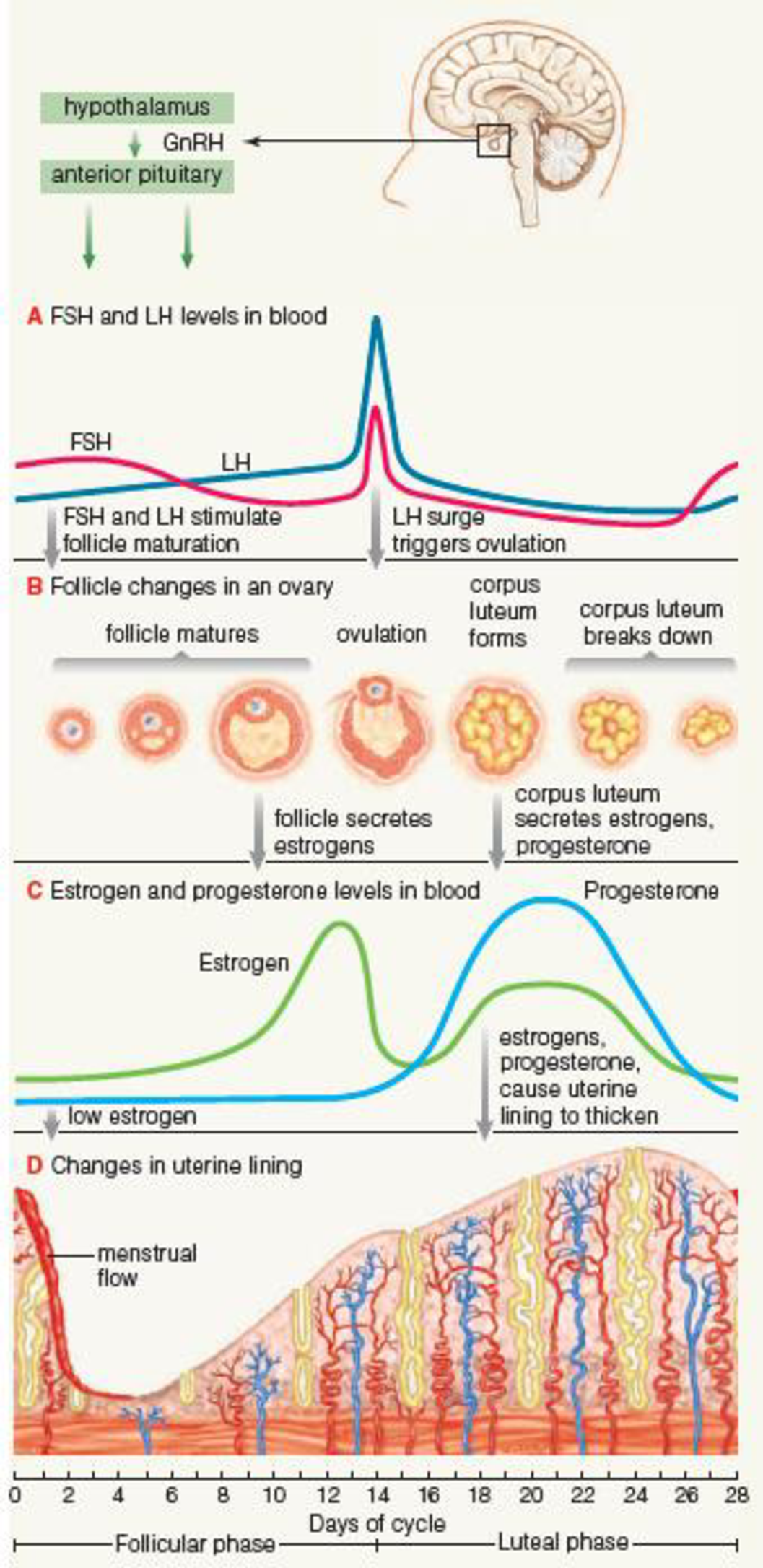Coping With Premenstrual Syndrome: Relief And Self-Care Strategies
Are you tired of feeling like a walking ball of emotions every month? Do you dread the arrival of "Aunt Flo" because you know she's bringing her evil cousin PMS along for the ride? Fear not, my friends, for I have scoured the internet and found some hilarious and informative resources on how to deal with premenstrual syndrome.
Partners Can Help With PMS: Couple Therapy May Help in Coping With Premenstrual Distress
Yes, you read that right. According to this article, couple therapy may actually help alleviate PMS symptoms. So instead of belittling your partner for not understanding why you're crying over a Hallmark commercial, drag them to therapy and make them listen to your PMS woes. It's a win-win situation, really.

7 Exercises For Premenstrual Syndrome (PMS Relief) - Fitneass
Who needs mood-stabilizing medication when you can just sweat out the crazy? Check out these exercises designed specifically for PMS relief. And if anyone asks why you're power-walking around the neighborhood wearing a hot pink sweatband, just say you're "doing it for the PMS."

Premenstrual Syndrome: Real-Life Impact and Coping Strategies - TrendRadars
It's reassuring to know that we're not alone in our PMS struggles. This article delves into the real-life impact of PMS and offers coping strategies for dealing with it. So next time someone tries to brush off your mood swings as "just PMS," you can tell them to read this article and then come back to you.

Premenstrual Syndrome (PMS) Can Include Mood Swings, Fluid Retention (Edema), Anxiety, Backache
In case you were wondering what exactly PMS entails, this article spells it out for you. From mood swings to backaches to fluid retention (aka feeling like a water balloon), PMS covers a wide range of unpleasantries. But at least now you can put a name to the discomfort.

Coping with PMS (Premenstrual Syndrome) by Barbara Moe 1998 Hardcover New | eBay
If you're a fan of the good ol' fashioned book format, this one's for you. "Coping with PMS" is a 1998 publication, so it's a bit old-school, but sometimes that's just what we need. Plus, it's hard to go wrong with a title like that. Clearly, Barbara Moe gets us.

Understanding Premenstrual Syndrome
Now that we've established that PMS is no laughing matter (okay, maybe a little bit of laughing), let's dive deeper into what it actually is. According to the Mayo Clinic, PMS refers to "physical and emotional symptoms that occur in the one to two weeks before a woman's period." So that's why I've been crying every time a commercial for puppy chow comes on.
What Is Premenstrual Syndrome?
In case the Mayo Clinic's definition wasn't enough for you, here's another article to break down what PMS is, why it happens, and what you can do about it. Spoiler alert: it has to do with hormones and our good friend estrogen.
The Importance of Acknowledging Premenstrual Syndrome
Sure, it's easy to joke about PMS and pretend it's not a big deal, but as this article points out, it's important to acknowledge the impact it can have on our daily lives. By recognizing the symptoms and taking steps to manage them, we can hopefully avoid letting PMS take over our emotional state (and our relationships with others).
Statistics on Premenstrual Syndrome
As with most health issues, it's often helpful to see some numbers to put things in perspective. This article provides statistics on PMS, including how many women experience it and what symptoms are most common. Knowing that we're not alone in our PMS struggles can be oddly comforting.
Types of Premenstrual Syndrome
Did you know there are different types of PMS? According to this article, there are actually four subtypes: PMS-A, PMS-C, PMS-D, and the newly recognized PMDD. Each subtype is characterized by different symptoms, so it's important to identify which one you may be experiencing in order to treat it effectively.
Risk Factors for Premenstrual Syndrome
Just like with any health issue, there are certain risk factors that may make someone more susceptible to PMS. This article outlines some of those risk factors, including age, genetics, and lifestyle factors such as diet and exercise. Knowledge is power, my friends.
Recognizing Early Symptoms of Premenstrual Syndrome
The earlier we can identify the symptoms of PMS, the better equipped we are to deal with them. This article discusses some of the early warning signs to look out for, such as bloating and changes in appetite. So next time you feel like devouring an entire bag of Cheetos, it may just be your body's way of giving you a heads up.
Diagnostic Criteria for Premenstrual Syndrome
If you're really curious about the nitty-gritty details of PMS diagnosis, this article has got you covered. It delves into the specific criteria that doctors use to diagnose PMS, including the length of time symptoms occur and how much they impact daily life. And if you're feeling particularly brave, you can quiz your doctor on their knowledge of PMS diagnosis criteria at your next appointment.
Awareness and Prevention of Premenstrual Syndrome
Of course, the best way to deal with PMS is to prevent it from happening in the first place. This article offers tips for preventing PMS, such as maintaining a healthy diet and exercise routine and making sure to get enough sleep. So make sure you're taking care of yourself before PMS has a chance to rear its ugly head.
Early Detection and Timely Treatment of Premenstrual Syndrome
If prevention isn't possible, early detection and treatment can make all the difference in dealing with PMS. This article discusses some of the treatment options available, including lifestyle changes, medication, and therapy. So don't suffer in silence - seek help if you need it.
Support and Resources for Dealing with Premenstrual Syndrome
Lastly, it's important to know that you're not alone in dealing with PMS. There are plenty of resources available for support and information. This article lists some of those resources, including support groups and advocacy organizations. So the next time you're feeling like PMS is taking over your life, know that there are people out there who understand and can offer help.
In conclusion, PMS may be a pain (literally and figuratively), but it's not something we have to suffer through alone. By educating ourselves on the symptoms, seeking help when needed, and maintaining our sense of humor, we can get through even the toughest periods (pun intended).
Komentar
Posting Komentar